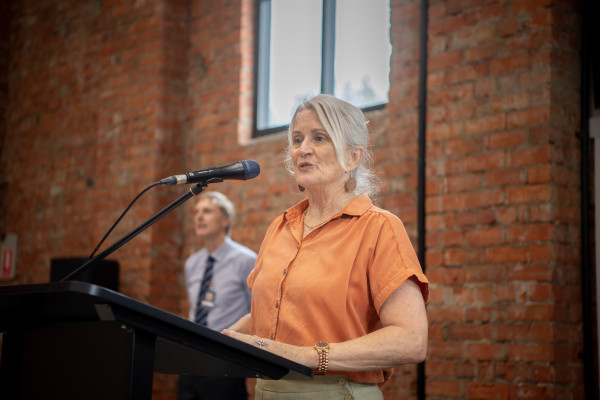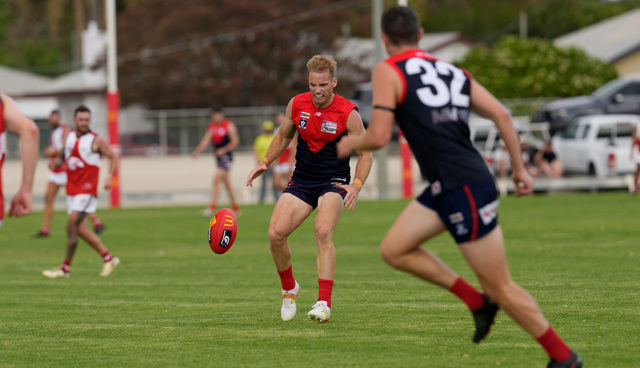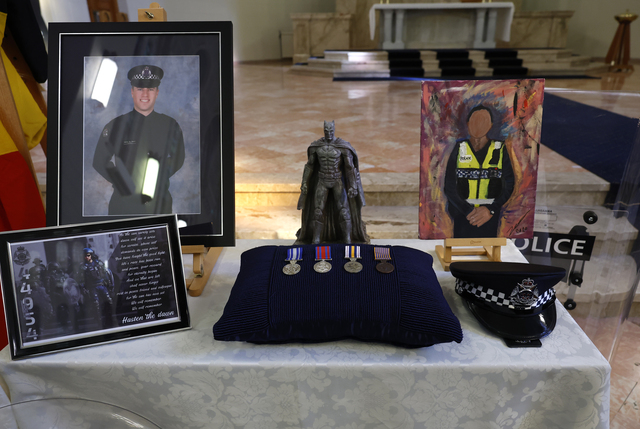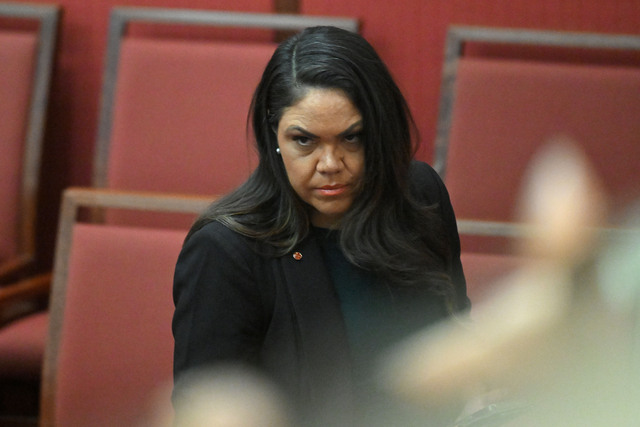POLITICAL leaders and representatives from across the Mallee have attacked the Victorian State Government’s new Emergency Service and Volunteer Fund.
The fund, which was approved in an early morning sitting of Parliament yesterday, replaces the Fire Services Property Levy from July 1.
The scheme extends the funding beyond firefighters and towards other emergency services like the SES.
Originally the fund was projected to add about $63 to the average municipal rates bill and about $680 to farmers, although the farm rate was reduced at the last minute.
Treasurer and Northern Victoria upper house MP Jaclyn Symes said the levy would raise an extra $600 million a year, with 73 per cent coming from metropolitan properties and 27 per cent from regional properties.
“I don’t think it’s got through to everyone that if you’re a (CFA) volunteer you’re exempt from this levy,” she said.
“Many farmers are also CFA volunteers. So there will be many, many farmers who are also volunteers who will not be paying the levy.”
Rural City of Mildura Mayor Cr Helen Healy, who was at a local government conference in Melbourne on Friday, said the new fund was bad for the municipality.
“This new fund will rip $12.4 million out of our community each year, a staggering increase of more than $4 million over the previous Fire Services Levy,” she said.
“Despite strong opposition from farmers and emergency service volunteers, everyone will pay for this new levy, AKA tax, from residents doing it tough amidst the cost-of-living crisis to businesses facing challenging times.”
MRCC spokesperson for agriculture and agribusiness Cr Ian Arney was also critical of the fund.
“This is yet another example of government cost-shifting again, taking it to a whole new level by trying to pull even more money out of communities like ours to fund services including those provided by volunteers,” he said. “It’s a disgrace.
“This is a $4 million of additional tax revenue that the Government requires Mildura Rural City Council to collect on behalf of the State Revenue Office.
“It’s a massive $2.1 billion tax grab that seems like it’s to help cover the Victorian Government’s $6 billion hole in their budget, but they’re actually taxing a lot of the people who are volunteers of those services.
“That’s a hell of a slap in the face for these people.”
Down the river in Swan Hill, Mayor Cr Stuart King was equally as critical.
“Let’s not sugarcoat this with fluffy words pretending it’s a new government service by calling this an Emergency Support Volunteers Fund, let’s call it what it is; a tax!” he said.
“Although it will be administered through council rates notices, it is important for our community to understand that this is not a council charge, it is a tax imposed and legislated by the State Government, that we do not support.
“This transition is not fit for regional areas and the changes risk pushing more families, pensioners, and farmers into financial distress at a time when many are already struggling with rising living costs.”
Member for Mildura, Jade Benham, was also scathing in her assessment of the fund and said opposition to the policy had strong support in the regions and among firefighters.
“For the UFU and Fire Rescue Victoria to stand shoulder-to-shoulder with us in rejecting this tax says everything about how deeply flawed it is,” Ms Benham said.
“When Labor’s own allies are speaking out, you know something is seriously wrong.
“This tax has been loudly and clearly rejected; by the UFU, FRV, farmers, local councils, and everyday Victorians, and yet Labor still forged ahead.
“What will it take for this government to listen? When will they start caring more about the people of Victoria than their own political survival?”
As the legislation backing the fund was being debated in Parliament last Thursday and early Friday, many CFA volunteers essentially walked away from their posts.
Country Fire Authority Acting Chief Officer Garry Cook said leaders were working to understand whether it was in protest to the incoming levy.
“The word strike, I probably wouldn’t use that,” he told said.
“But what we’ve done is had brigades book themselves off by saying that (they have) a shortage of crews available to respond.”







